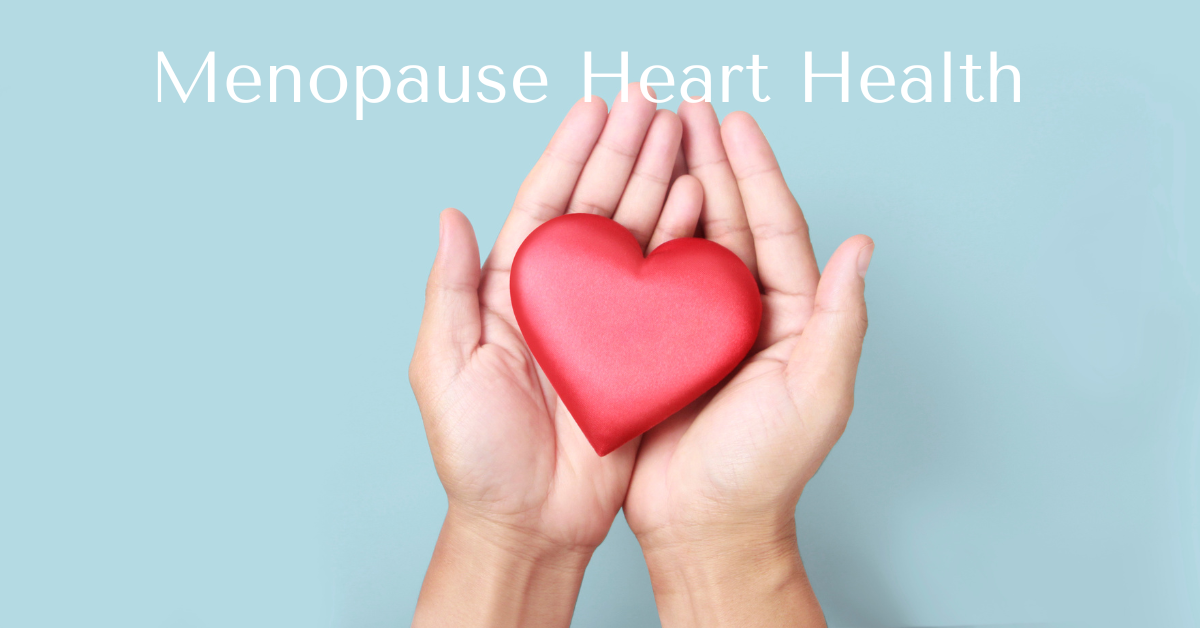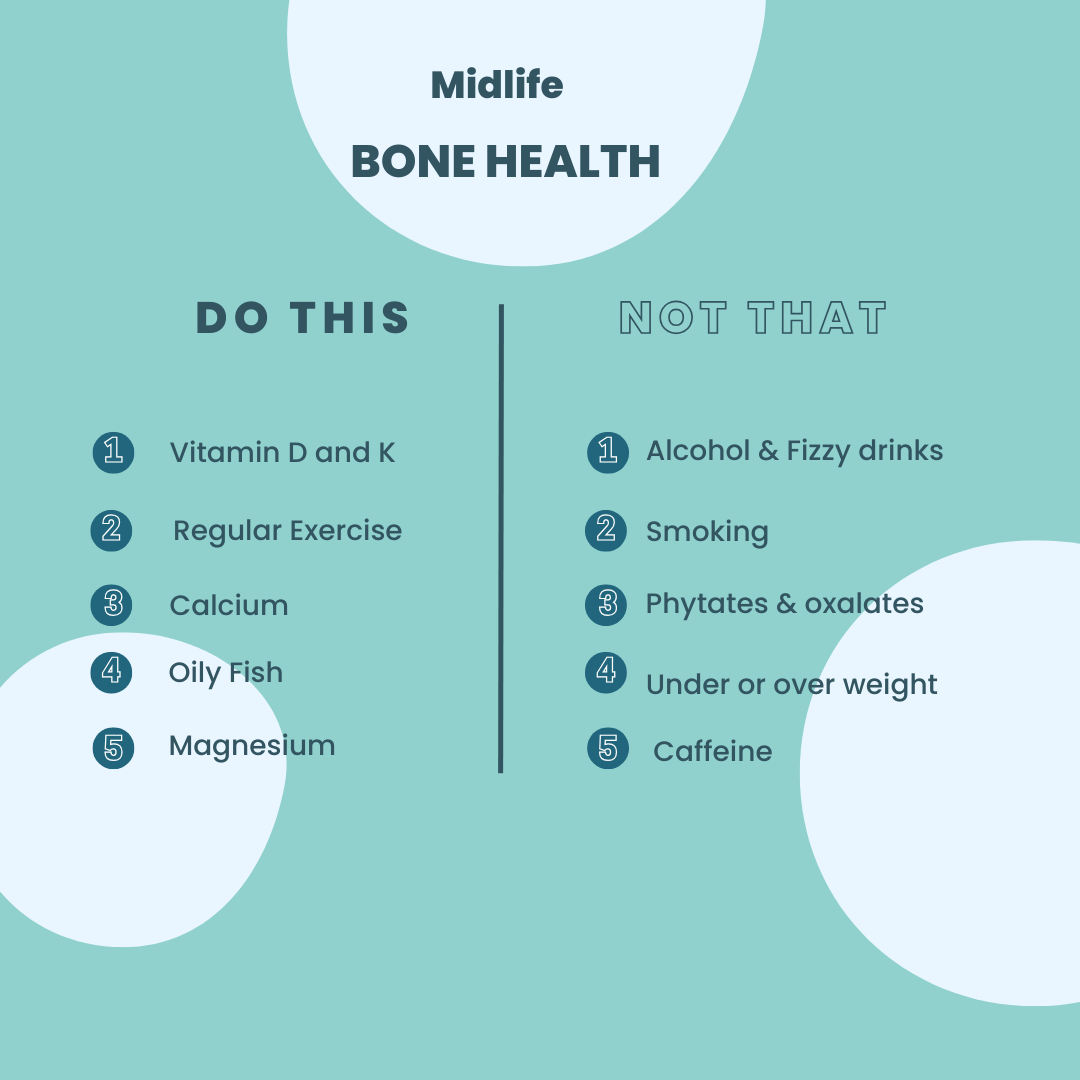Do you feel stressed and under pressure?
We have all felt under pressure recently due to lockdown, home schooling, working from home and sheer isolation. how do you respond? Can you rise to the occasion or do you feel stressed, overwhelmed, and fall apart under pressure? What if you are going through menopause on top of this? This phase of life often portrayed as a time of being under pressure, stress, anxiety, and foggy brain. Is this fact or fiction? Pressure caused by stress, anxiety and brain fog can affect women in the peri menopause or post menopause. So evidence is lacking on the actual cause of this as menopause causes both physical and mental stress and it is difficult to separate the two. Additionally, midlife is a very challenging time for women, it’s not surprising we feel under pressure and stressed, add to that COVID and Lockdown, financial pressure it’s not easy.
Menopause and stress
What is clear is that stress has huge impact on our bodies. Scientifically it is widely recognised that menopause interferes with cognition, sleep, temperature control and blood sugar. All of which have a relationship with our hormonal system! Menopause will add to both physiological and psychological stress. Stress and anxiety are more common in menopause and it’s not imagined. There are a variety of reasons. Firstly, because Oestrogen helps modulate serotonin that supports mood and sleep and supports other brain chemicals. There is even research to support oestrogen morphing into neurotransmitters in the brain!
Adrenal gland
On top of this leading up to menopause our ovaries slow down production of oestrogen eventually ceasing production. Post menopause our adrenal glands need to produce more oestrogen than they did before to support us as we still need some! The adrenal glands are a small gland like a hat on the kidneys and are more significant than their size would indicate! They produce hormones that help regulate your metabolism, immune system, blood pressure and the stress response amongst other essential functions including producing the hormone DHEA which is used to make your sex hormones. This explains the diversity of menopause symptoms too. Post menopause the adrenals and your fat cells alone are your sources of oestrogen.
However, current, or built-up stress can deplete the adrenal glands and inhibit their ability to produce sex hormones. You can see why overloading the adrenal gland is not a great idea as stress will always take priority in the body, meaning oestrogen production is affected. Symptoms like fatigue, low mood, weight gain, irritability, increased pre-menstrual syndrome, sleep difficulties, heavy bleeding/irregular bleeding, headaches, hot flushes and night sweats, vaginal dryness, skin changes, joint pain are common. If this sounds familiar, then yes perimenopause and ‘adrenal dysfunction’ have similar symptoms and likely overlap.
Does Adrenal Fatigue Exist?
This is a controversial subject, and is not widely recognised by healthcare providers and not to be confused with the medical conditions of the adrenal gland Addison’s disease and Cushing syndrome. What is referred to as ‘adrenal fatigue’ in functional medicine is an imbalance not complete exhaustion!
Scientifically we do understand the stress response. The fight and flight response kicks in seconds of an acutely stressful event like having to avoid an accident or even just running to catch a bus! Noradrenaline is released from nerve endings and the adrenal glands release epinephrine and norepinephrine into the bloodstream. Within minutes of a stressful event and possibly for several hours a more complex interaction between the nervous and hormonal systems occurs, resulting in an the ‘stress adaptation response’. This causes the adrenal glands to release extra cortisol into the circulation.
We do know that under ‘normal’ stress we secrete short bursts of cortisol to maintain a stress response under chronic stress cortisol production can malfunction referred to as ‘cortisol resistance’. Hormones work like a lock and key however if there are surplus hormones the cells receptors become blunted in their response over time. When excess cortisol is in our system it knocks on the cell receptor ‘door’ and it won’t open, a vicious cycle occurs as more cortisol will then be produced but not have an effect resulting in less physiological resilience to stress and inflammation because one of cortisol’s jobs is to turn off the inflammatory response once it gets started.
For more on this see the Menopause and Stress Blog
Selfcare is not an option
This cellular ‘fatigue’ may be responsible for exaggerated hormonal swings in the menopause. So, by being kind to ourselves practising selfcare we will support our adrenals! It is much easier said than done as we all have huge demands on our time in lockdown. You may be also be juggling family, a busy professional life while caring for elderly relatives! However, it really isn’t an option for a smooth transition through menopause. If you can reduce stress levels, your body will be able to balance your hormones better and this could make a big difference to your menopause symptoms. In the long term this will also support your health post menopause give you energy and save you time! There is scientific evidence to support stress relief by focusing on consciously calming activities such as mindfulness, walking in nature, exercise. Doing this can actively regulate stress hormones, and this will have many positive effects on your health.
Image credit alexandra-gorn-smuS_jUZa9I-unsplash.jpg
References
Tang YY, Hölzel BK, Posner MI. The neuroscience of mindfulness meditation. Nat Rev Neurosci. 2015;16:213–25. https://doi.org/10.1038/nrn3916
Mullur RS. Making a difference in adrenal fatigue [Internet]. Vol. 24, Endocrine Practice. American Association of Clinical Endocrinologists; 2018 [cited 2021 Feb 19]. p. 1103–5. Available from:
Head KA, Kelly GS, Nutrients and Botanicals for Treatment of Stress: Adrenal Fatigue, Neurotransmitter Imbalance, Anxiety, and Restless Sleep. Vol. 14, Alternative Medicine Review. 2009.
Epel ES, Crosswell AD, Mayer SE, Prather AA, Slavich GM, Puterman E, et al. More than a feeling: A unified view of stress measurement for population science [Internet]. Vol. 49, Frontiers in Neuroendocrinology. Academic Press Inc.; 2018 [cited 2021 Feb 19]. p. 146–69. Available from: /pmc/articles/PMC6345505/
Cohen S, Janicki-Deverts D, Doyle WJ, Miller GE, Frank E, Rabin BS, et al. Chronic stress, glucocorticoid receptor resistance, inflammation, and disease risk. Proceedings of the National Academy of Sciences of the United States of America [Internet]. 2012 Apr 17 [cited 2021 Feb 19];109(16):5995–9. Available from: https://www.ncbi.nlm.nih.gov/pmc/articles/PMC3341031/
Alexander JL, Dennerstein L, Woods NF, et al. Role of stressful life events and menopausal stage in wellbeing and health. [Internet]. Vol. 7, Expert review of neurotherapeutics. Expert Rev Neurother; 2007 .p. S93–113. Available from: https://pubmed.ncbi.nlm.nih.gov/18039072/
Taylor-Swanson L, Wong AE, Pincus D, Butner JE, Hahn-Holbrook J, Koithan M, et al. The dynamics of stress and fatigue across menopause: Attractors, coupling, and resilience. Menopause [Internet]. 2018 Apr 1 [cited 2021 Feb 19];25(4):380–90. Available from: 10.1097/GME.0000000000001025







